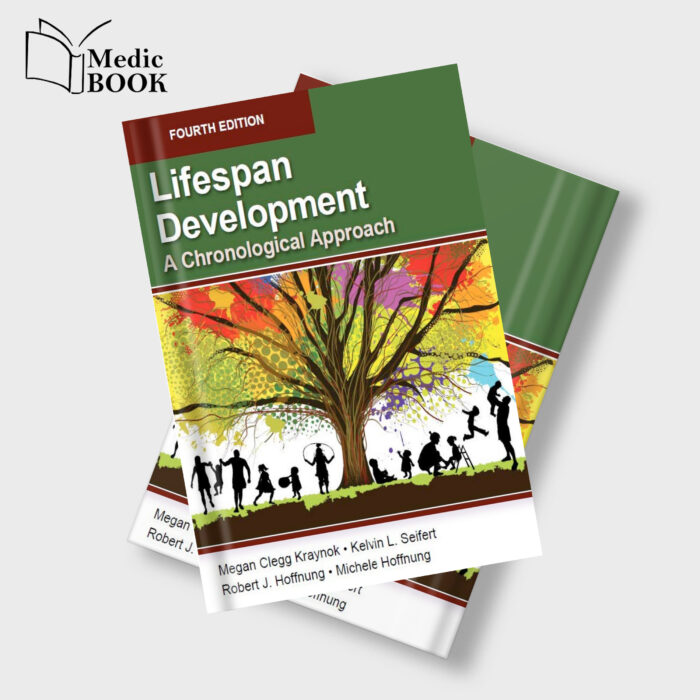Lifespan development a chronological approach 4th edition – Lifespan Development: A Chronological Approach (4th Edition) embarks on a captivating exploration of human development across the lifespan, offering a comprehensive and chronological perspective on the physical, cognitive, social, and emotional transformations we undergo from birth to old age. This edition delves into the latest research and insights, providing an authoritative and engaging guide to the intricacies of human development.
Through a chronological lens, we trace the remarkable journey of human growth and change, examining the interplay of biological, psychological, and social factors that shape our development. From the physical milestones of infancy to the cognitive advancements of adolescence, from the social connections of adulthood to the emotional reflections of later life, this book illuminates the complexities of human development and its profound implications for our health, well-being, and relationships.
Introduction

Lifespan development is the scientific study of human development from conception to death. It is a multidisciplinary field that draws on psychology, biology, sociology, and other disciplines to understand how individuals change and grow throughout their lives.
The chronological approach to lifespan development focuses on the changes that occur at different stages of life, from infancy to adolescence, adulthood, and old age. This approach assumes that development is a continuous process that occurs in an orderly and predictable sequence.
Understanding lifespan development is important for several reasons. First, it helps us to understand the challenges and opportunities that individuals face at different stages of life. Second, it can help us to develop interventions and policies that support healthy development throughout the lifespan.
Third, it can help us to appreciate the diversity of human experience and to foster a more inclusive society.
Physical Development: Lifespan Development A Chronological Approach 4th Edition
Physical development refers to the changes in the body that occur throughout the lifespan. These changes include growth in height and weight, changes in body composition, and the development of motor skills.
Physical development is influenced by a variety of factors, including genetics, nutrition, and physical activity. It is also influenced by environmental factors, such as exposure to toxins and pollutants.
Physical development has a significant impact on health and well-being. For example, children who are overweight or obese are at increased risk for a variety of health problems, including heart disease, stroke, and diabetes.
Factors Influencing Physical Development
- Genetics
- Nutrition
- Physical activity
- Environmental factors
Implications of Physical Development for Health and Well-being
- Overweight and obesity
- Heart disease
- Stroke
- Diabetes
Cognitive Development
Cognitive development refers to the changes in mental abilities that occur throughout the lifespan. These changes include improvements in attention, memory, reasoning, and problem-solving.
Cognitive development is influenced by a variety of factors, including genetics, environment, and education. It is also influenced by cultural factors, such as the value placed on education and the availability of educational resources.
Cognitive development has a significant impact on learning and education. For example, children who have strong cognitive skills are more likely to succeed in school and to pursue higher education.
Factors Influencing Cognitive Development, Lifespan development a chronological approach 4th edition
- Genetics
- Environment
- Education
- Cultural factors
Implications of Cognitive Development for Learning and Education
- Success in school
- Pursuit of higher education
FAQ Corner
What is lifespan development?
Lifespan development refers to the scientific study of human growth and change across the entire lifespan, from conception to old age.
Why is understanding lifespan development important?
Understanding lifespan development helps us comprehend the complexities of human behavior, optimize health and well-being, and create supportive environments for individuals at all stages of life.
What are the key domains of lifespan development?
Lifespan development encompasses physical, cognitive, social, and emotional domains, each undergoing significant changes and transformations throughout the lifespan.
How does the chronological approach contribute to lifespan development?
The chronological approach provides a structured framework for examining human development, allowing us to trace the sequential changes and transitions that occur across different stages of life.